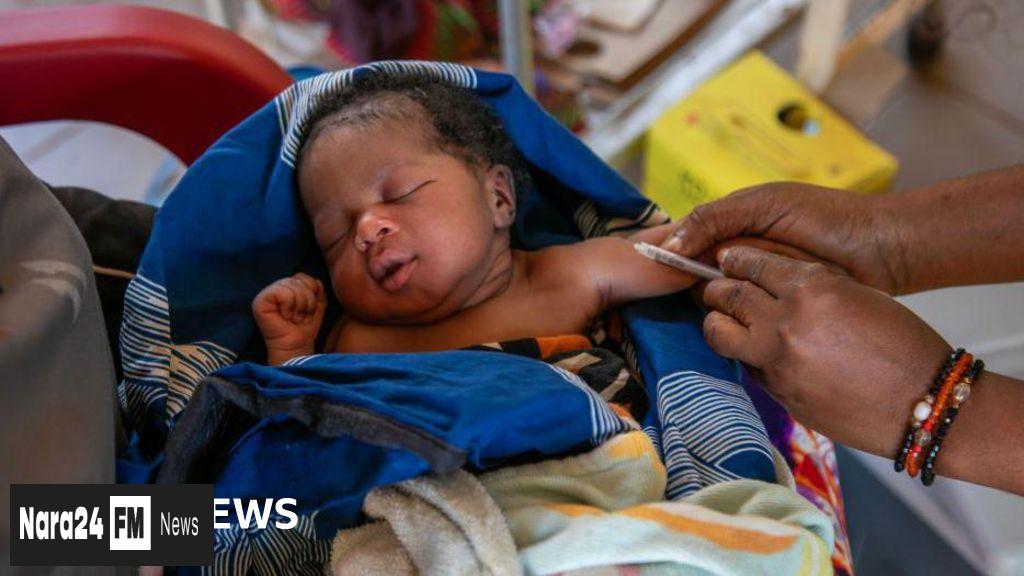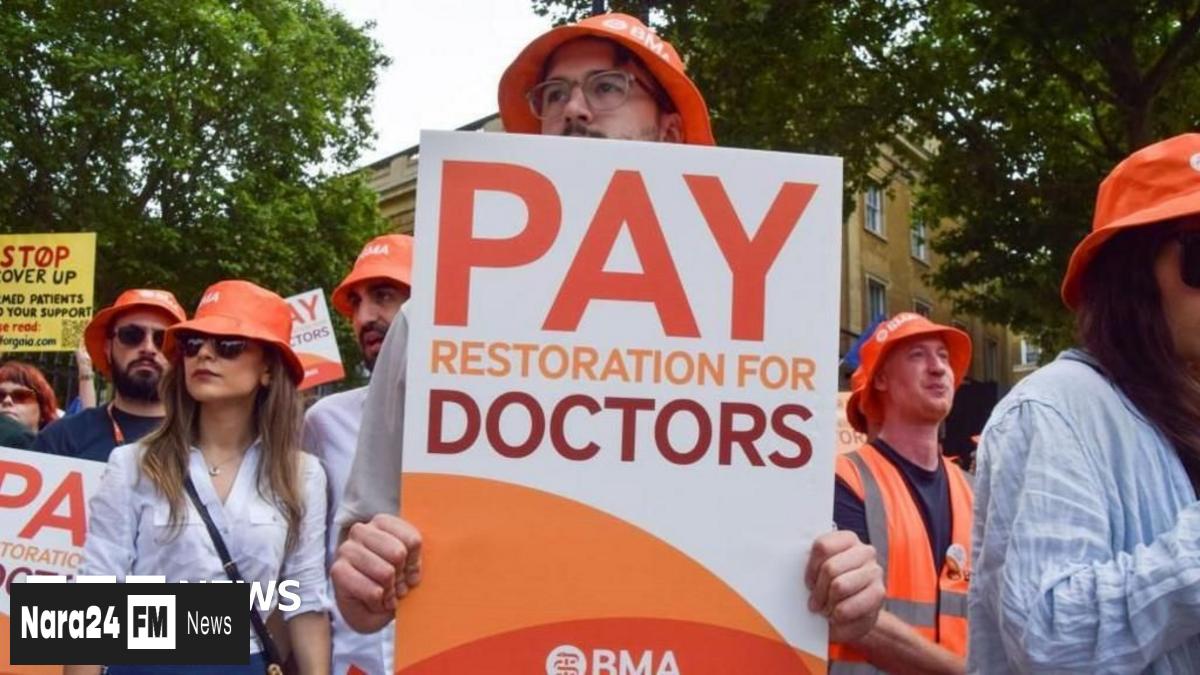Progress in childhood vaccinations has stalled globally over the past two decades, with some countries even experiencing declines, according to a recent study. The COVID-19 pandemic has further worsened the situation, leaving millions of children unprotected against diseases like measles, tuberculosis, and polio. Researchers emphasize the urgent need for improved and equitable access to vaccines to address this growing crisis.
Child health experts warn that a combination of reduced international aid funding for vaccination programs and rising vaccine skepticism has created a "perfect storm." Despite the global childhood vaccination program's success since its inception in 1974—having immunized over four billion children and prevented an estimated 150 million deaths—progress has stagnated since 2010. The study, published in The Lancet, highlights significant disparities in vaccine coverage worldwide.
Measles vaccinations, in particular, have declined in nearly 100 countries, and by 2023, nearly 16 million children had not received any childhood vaccinations, with the majority in sub-Saharan Africa and South Asia. Dr. Jonathan Mosser, a study author from the University of Washington's Institute for Health Metrics and Evaluation, stressed that routine childhood vaccinations are among the most effective public health interventions. However, persistent global inequalities, pandemic disruptions, and vaccine misinformation have hindered progress.
"There is now an increased risk of outbreaks of diseases like measles, polio, and diphtheria," Dr. Mosser said. "All children should benefit from life-saving immunizations." The report also notes that vaccination rates have fallen in wealthier regions, including Europe and the US, further compounding the issue.
Professor Sir Andrew Pollard, director of the Oxford Vaccine Group, expressed concern over the findings, warning that more children will suffer hospitalization, permanent damage, or death from preventable diseases if the trend is not reversed. He also highlighted the detrimental impact of cuts to global health funding.
Dr. David Elliman from University College London pointed to additional contributing factors, including civil unrest, wars, and reduced foreign aid from wealthy nations like the US and UK. "Where policy is made based on ill-informed opinion rather than science, we have a perfect storm," he added.
The study's authors urge countries to strengthen primary healthcare systems, combat vaccine misinformation, and ensure equitable access to vaccines worldwide. Without immediate action, the health and lives of millions of children remain at risk.









Comments (0)
Leave a Comment
Be the first to comment on this article!